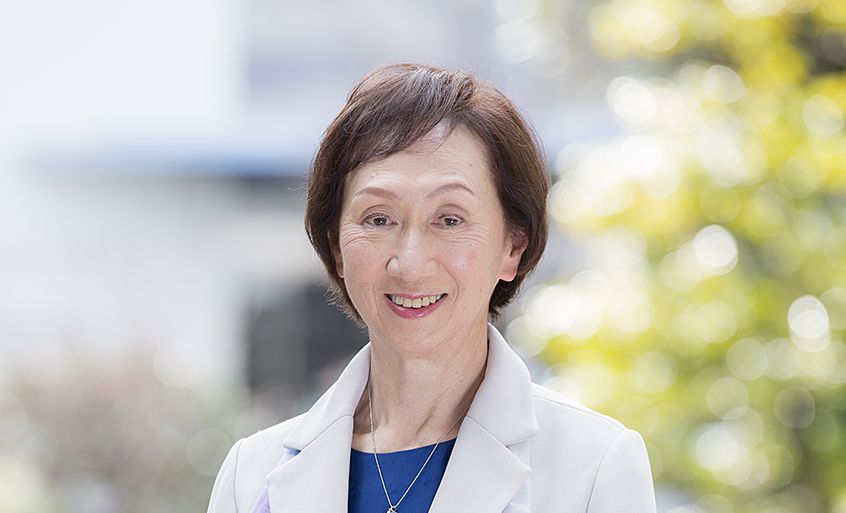
In 1992, Tomoko Kaneko received her doctoral degree in education (Ed.D.) from Temple University, Japan Campus (TUJ), and became a professor at Showa Women’s University (SWU). Kaneko was appointed a member of board of trustees at SWU in 1996, and then a professor and head of the Department of English and American Literature. She became dean of the Literature Department before becoming a vice president in 2005.
This April, Kaneko was named the ninth president of SWU after her predecessor Mariko Bando finished her term. This is the first time SWU appointed one of their alumni to take the presidency of the university. Kaneko graduated from SWU’s Department of English and American Literature.
After graduating from SWU, Kaneko taught at Showa Junior and Senior High School and moved to the U.S. to get her master’s degree in TESOL at San Francisco State University. In 1980, Kaneko became an associate professor at SWU and also worked as the head secretary at the Office of the Chancellor. She has worked as an SWU councilor since 1990.
Upon her appointment, Kaneko sent an encouraging message to TUJ students and students-to-be: “I am proud of myself for having been educated at TUJ, which has cultivated my base as an educator and a researcher. Through direct interaction, I was so inspired by both world-renowned faculty leading second language education and English education research as well as by young top-notch researchers. There are opportunities one may not be aware of, but they are right in front of everyone. A failure is a step to a success. Keep on challenging yourselves, everyone.”
Selected Publications
- Second Language Acquisition – SLA and Foreign Language Education (第二言語習得-SLA研究と外国語教育) (Taishukan)
- Second Language Acquisition and English Teaching (第二言語習得と英語科教育法) (Kaitakusha)
- A Handbook of Learner Corpus Research (英語学習者コーパス活用ハンドブック) (Taishukan)
- Use of English by Japanese Learners: Study of Errors (Sanshusha)
- Junior High School English – Comprehensive Studies (中学校総合的研究英語) (Obunsha)
- Classroom English You Can Use – From Important Expressions to Lesson Development (現場で使える教室英語-重要表現から授業への展開まで) (Sanshusha)

